A number of apps are available today for those who have a fear of flying but still decide to fly. And this is a review of the best of these apps!
About the Author
Suzanne Duke is a doctoral-level developmental psychologist who began her career working with young children and then with university students, particularly helping first-year students adjust to college life and living away from home. She is also a social worker and particularly enjoys treating anxiety disorders, such as fear of flying!
Introduction
Travel is very often cited as a leisure activity for vacationers around the world, and burgeoning scientific research suggests that for some people, the potential relaxation benefits of travel may improve one’s psychological and physical health1. However, although many people may greatly enjoy their vacation once they reach their destination, a 2021 Washington Post article2 reports that up to 40% of travelers experience some anxiety associated with flying. Moreover, as a 2018 Time article3 reports, 6.5% of American struggle with aviophobia, or a clinically-significant fear of flying. Below, we explore aviophobia in more detail before delving into some of the best apps to date that help provide the best technological assistance to the nervous flyer.
What is aviophobia?
Aviophobia is a type of anxiety disorder categorized under the specific phobia section of the Anxiety Disorders in the Diagnostic and Statistical Manual 5 (DSM-5), the most recent version of this handbook for mental health providers. Sufferers of clinical aviophobia fear flying, but they often have other overlapping anxieties, such as fear of closed spaces (claustrophobia), fear of loss of control, a fear of crashing, and in general, a perceived but inaccurate belief that flying is life-threatening when it actually is not (Clark, 2016)1. Interestingly, most people with diagnosed aviophobia do fly, but under great duress; conversely, there are a small number of aviophobics who simply cannot bring themselves to board an aircraft, and they often end up missing key events in family life when the event is not realistically within driving distance. Additionally, professional opportunities may also be lost if frequent air travel is required. Thus, no matter how severe one’s aviophobia is, with the increasing interdependence on our global society, air travel is woven into the fabric of modern times.
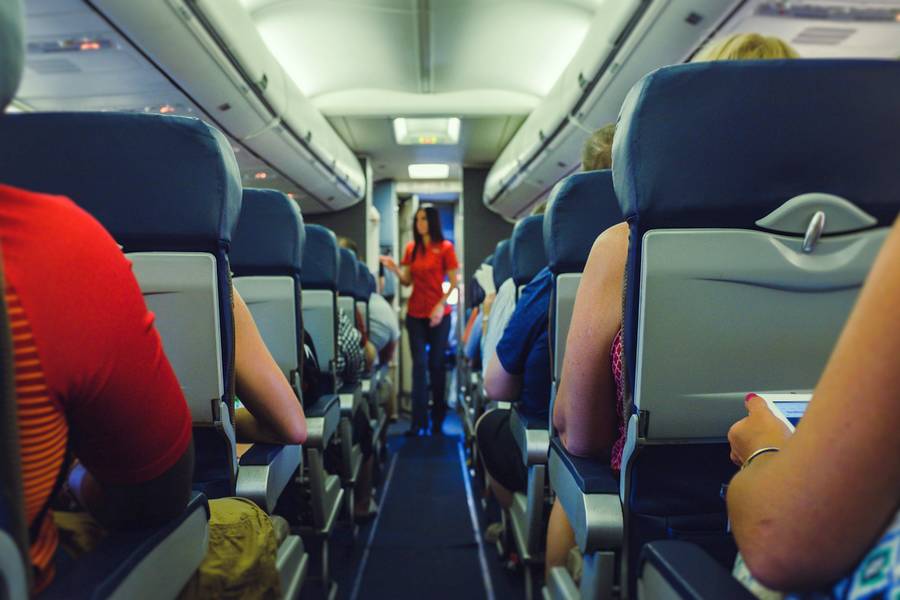
Features of High-Quality Fear of Flying Apps
It is remarkable that there are now a variety of excellent web apps designed specifically to help the fearful flyer. Some are effective by targeting in detail one common area of fear, such as turbulence, whereas other apps work by addressing multiple issues of concern at once. The highest-quality fear of flying app can be used on a cell phone and has one or more of the following features:
- Excellent education focused on how aircraft and aviation work with the goal of mitigating nervousness around flying through understanding
- Explains turbulence in easy-to-understand detail and provides turbulence pattern predictions for the specific user’s flights
- Various meditative sites that may or may not be related to flying, depending on the flyer’s preference
- An organized distraction activity meant to engage the nervous flyer in a cognitive pursuit to decrease anxiety
Best Fear of Flying Apps
It is with the above features in mind that the following apps were evaluated and are recommended.
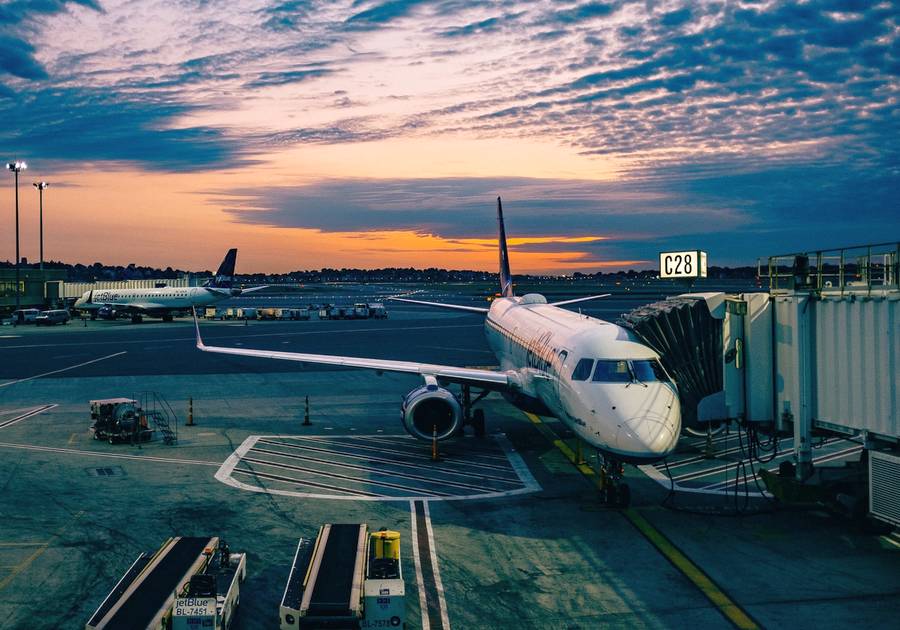
VALK
This evidenced-based app is a collaboration among researchers at Leiden University, the Valk Foundation, pilots from Air France/KLM, and Amsterdam Schiphol Airport. Its main goal is to educate nervous flyers about how an airplane works as well as how turbulence comes and goes. In addition, it has an excellent interactive interface, allowing flyers to listen to auditory or read written calming messages when anxious. There is even a panic button that elicits an auditory message from the app’s automated therapist. Also included are relaxation exercises intended to decrease anxiety when needed during the flight. Cost: $0.99 and available from the App Store
SOAR
Like Valk, SOAR is a multifaceted app aimed at educating, calming, and providing meditative guidance for the most nervous flyers. Created by a pilot who is a licensed therapist, this app is grounded in cognitive behavioral therapy and elements of exposure therapy, which are the cornerstone treatment techniques for treating nervous flyers. It has a feature that predicts turbulence on your specific flight as well as calming exercises for dealing with the stress of the turbulence when it occurs. It is highly comprehensive, well-researched, and folksy without being condescending. Cost: Free download with collections of video clips beginning at $19.99 and is available in the App store (NOTICE TO READER: There is another app named “SOAR In-Flight” that is unaffiliated with SOAR, the author and her IT support technician were unable to get “SOAR In-Flight” app to function).
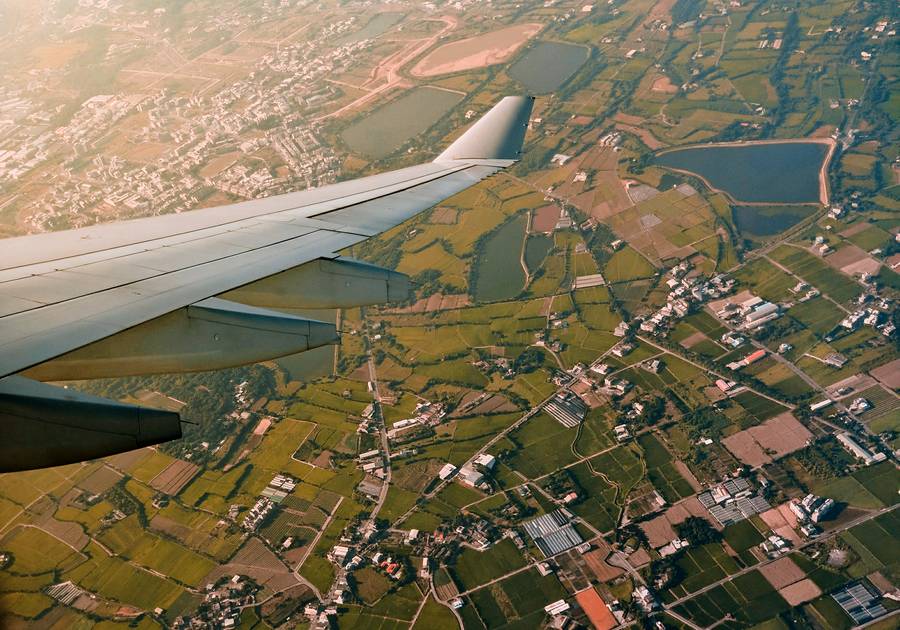
TurbCast
This app is especially helpful for flyers most fearful of turbulence who do not want to be surprised by it during the flight. Accordingly, users can enter their flight information, and the app will predict the severity level of the turbulence during the flight as well as when it may be at its worst. The app also offers a helpful overview about the basics of turbulence, helping educate the nervous flyer about general aviation issues. Cost: $1.99 and is available in the App store; currently, only available for iOS.
Am I Going Down?
Despite this app’s dramatic name, this app is actually quite simple and direct. Users provide their flight information (departing and arrival airports, airline, and type of aircraft), and the app provides the odds that their flights will crash. This app is best suited for the nervous flyer who is soothed by factual information about the relative safety of air travel when compared with almost any other activity. Cost: Free, but only for iOS
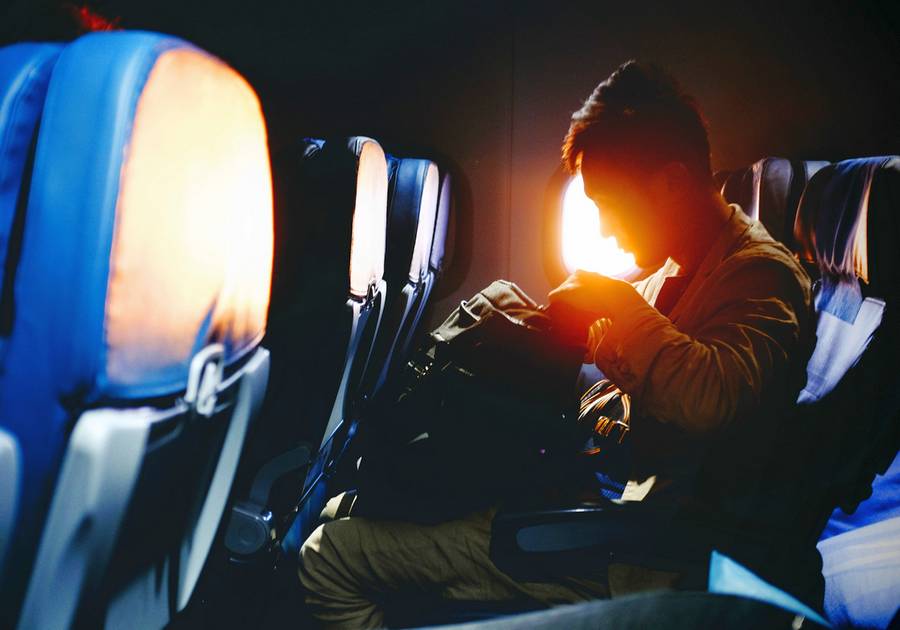
Beyond Fear of Flying Apps
Meditation apps: A high-quality meditation app of your choosing, whether it has to do with flying or not, can ease nervous flying. A commonly used meditation app is Unplug, simply because it is free, it was developed for anxiety, and has a large variety of different types and lengths of meditation sessions. If you just need to get through a batch of fear-producing turbulence, or you are really struggling to get your fear under control for a longer period of time, there is a meditation session for you. Cost: Free, available in the App store
Your Favorite Music Playlist: Be it Spotify, iTunes, or any way you like to listen to music, all anxious flyers can benefit from a well-thought-out playlist to turn to in times of anxiety, especially now that small electronic devices can be used at any time during the flight. Making the playlist in advance will encourage nervous flyers to acknowledge their fear and also music, especially the right song, might put a dent in that fear. The act of making the playlist gives power to the fearful flyer by allowing them to pull out the playlist when anxious, flip through it to find their favorite or most calming song, or perhaps listen to a rock anthem to take on that fear! Cost: Free. Ability to take control of your fear of flying: PRICELESS.
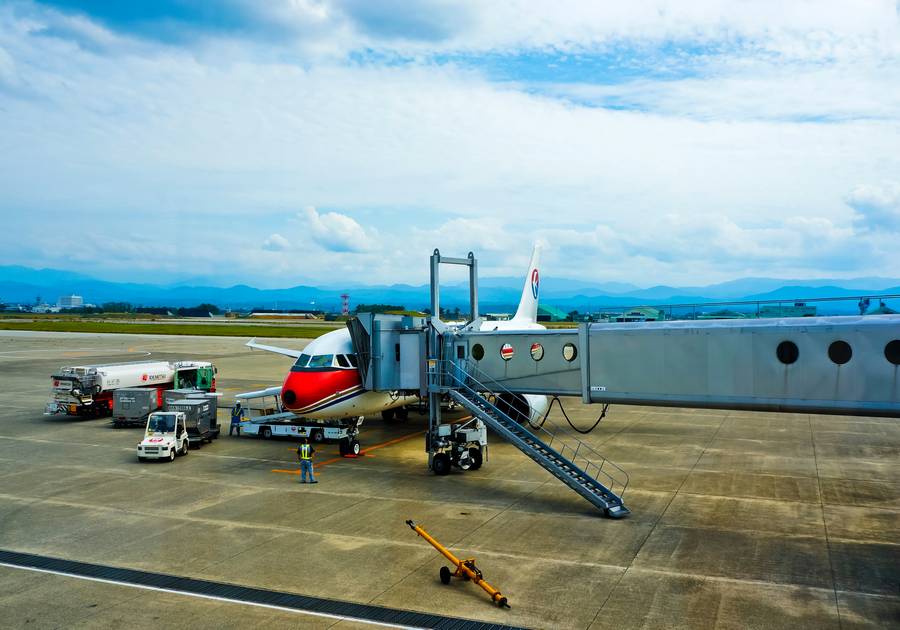
Citations
- Clark GI, Rock AJ. Processes Contributing to the Maintenance of Flying Phobia: A Narrative Review. Front Psychol. 2016 Jun 1;7:754. doi: 10.3389/fpsyg.2016.00754. PMID: 27313550; PMCID: PMC4887486.
- Fear of Flying? Use these tools to stay grounded when your fear of flying is sky high. 3/18/21. Washington Post. Erin E. Williams.
- https://time.com/5330978/fear-of-flying-aviophobia/
- Pressman, Sarah D. PhD; Matthews, Karen A. PhD; Cohen, Sheldon PhD; Martire, Lynn M. PhD; Scheier, Michael PhD; Baum, Andrew PhD; Schulz, Richard PhD. Association of Enjoyable Leisure Activities With Psychological and Physical Well-Being. Psychosomatic Medicine: September 2009 – Volume 71 – Issue 7 – p 725-732



